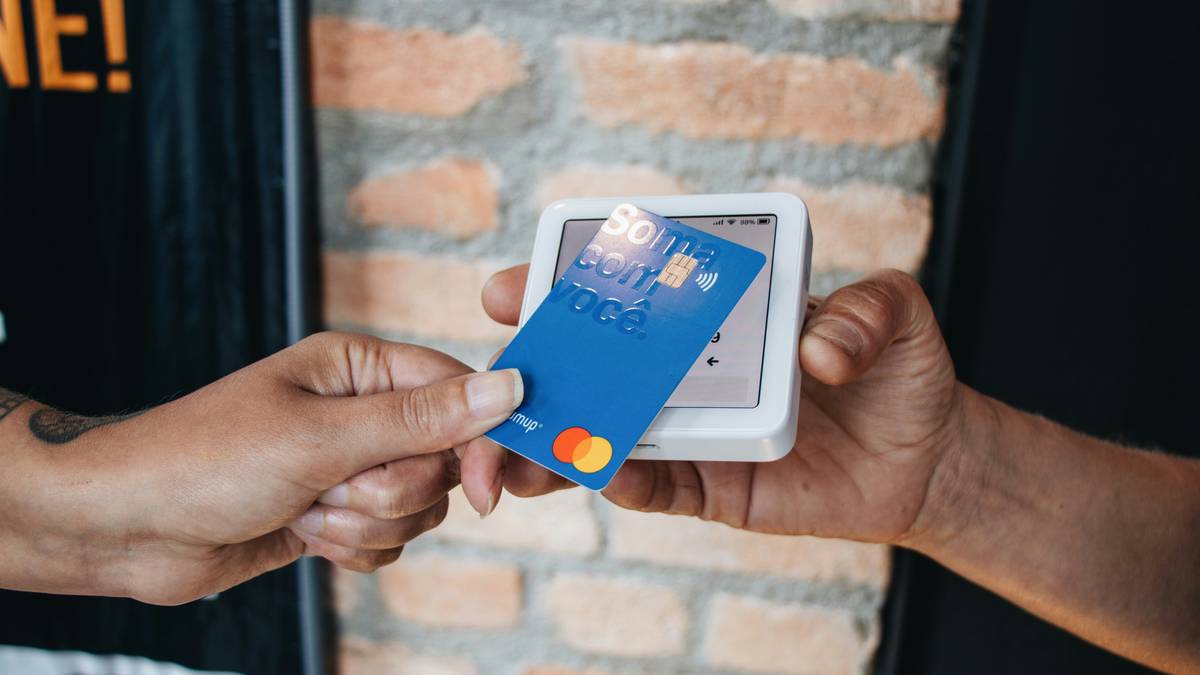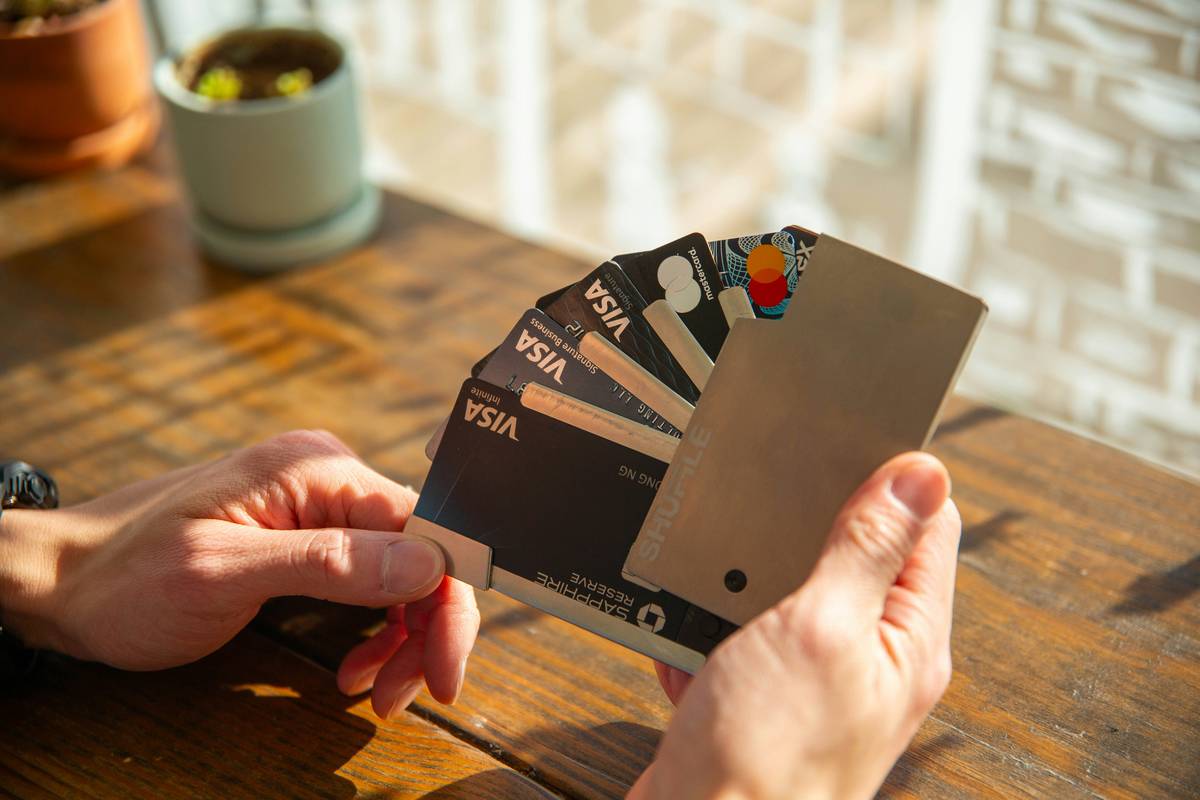Ever opened a joint credit card with your partner only to realize you’re suddenly on the hook for their spending habits? Yeah, us too.
Managing finances as a couple can feel like walking a tightrope. And when it comes to joint credit cards, things get even trickier. One wrong swipe, and you could be staring at mountains of debt—together. In this guide, we’ll break down everything about joint credit card liability for couples: how it works, what mistakes to avoid, and how to use it responsibly. Let’s dive in!
Table of Contents
- Key Takeaways
- What Is Joint Credit Card Liability?
- How Joint Credit Card Liability Works for Couples
- Tips to Manage Joint Credit Cards Responsibly
- Real-Life Examples of Joint Credit Card Liability
- FAQs About Joint Credit Card Liability
- Conclusion
Key Takeaways
- A joint credit card means both parties share equal legal responsibility for all charges made.
- Miscommunication between partners can lead to unexpected debt accumulation.
- Credit scores are impacted equally by responsible or reckless use of the account.
- Building trust and setting clear rules is crucial before opening a joint credit card.
- Regular financial check-ins help prevent nasty surprises down the road.
What Is Joint Credit Card Liability?
Here’s the brutal truth: A joint credit card doesn’t just mean splitting the bill—it means sharing full legal accountability for every penny spent on that card. Unlike authorized users (who have limited liability), joint account holders are equally liable for the balance owed, no matter who swiped more.
Optimist You:* “Oh, great! We’re building our financial future together!”
Grumpy You:* “But what if my partner turns into an accidental shopaholic overnight?”
Sound scary? It can be—but only if you approach it blindly. Understanding the basics will save you from sleepless nights (and awkward arguments).

How Joint Credit Card Liability Works for Couples
When you open a joint credit card:
- You Both Apply Together: Banks evaluate both applicants’ credit histories to determine eligibility.
- You Share Responsibility: Each charge made—whether by Partner A or Partner B—is legally yours and theirs.
- Your Credit Scores Are Linked: Late payments hit both credit reports, while responsible usage boosts them simultaneously.
This setup isn’t inherently good or bad—it depends on how disciplined you are as a team. But here’s where it gets messy:
“I once saw a couple fight over $500 worth of impulse online shopping—the non-shopper thought they were safe because they hadn’t touched the card themselves.”
Tips to Manage Joint Credit Cards Responsibly
1. Set Ground Rules Early
Discuss what expenses the card will cover, who handles payments, and whether individual limits exist.
2. Use Alerts Like a Hawk
Set up text/email notifications for every transaction. That way, neither of you has to guess what’s going on.
3. Avoid These Terrible Ideas:
- Letting one person “just handle” everything without transparency.
- Assuming goodwill alone will keep your finances intact. Pro tip: Goodwill won’t pay off your Visa bill.
4. Automate Payments
Nobody likes late fees. Link your joint account to autopay so payments never fall through the cracks.
5. Schedule Financial Check-Ins
Once a month, grab a snack and review your statement together. It keeps communication open and stress low.
Real-Life Examples of Joint Credit Card Liability
Case Study #1: The Budget Busters
Sarah and James decided to open a joint credit card after getting married. However, they failed to set boundaries. Within three months, James racked up $2,000 in concert tickets and dining out—without telling Sarah. When the statement arrived, Sarah nearly fainted. Lesson learned: Communication > assumptions.
Case Study #2: The Power Couple
Linda and Alex created a shared budget spreadsheet linked to their joint credit card activity. They agreed on weekly spending caps per category. After six months, not only did they avoid debt, but their credit scores skyrocketed. Chef’s kiss for collaboration.

FAQs About Joint Credit Card Liability
Q: Can I remove myself from a joint credit card?
Absolutely not—at least not without closing the account altogether. This is why choosing your co-applicant wisely matters.
Q: Does being an authorized user carry the same liability?
Nope. Authorized users aren’t legally responsible for debts—but their actions still impact the primary holder’s credit score.
Q: Should we consolidate existing debts with a joint credit card?
Only if you’ve nailed down mutual trust and discipline first. Otherwise, it’s a recipe for disaster.
Conclusion
In conclusion, navigating joint credit card liability for couples requires teamwork, transparency, and tech-savvy tools. By understanding how liability works, setting clear boundaries, and staying vigilant, you can harness the power of shared credit to boost your financial goals rather than derail them. Now go forth and conquer those credit terms like champs!
And remember: Just like Tamagotchis needed daily care, so does managing your joint credit card. 🐣✨


